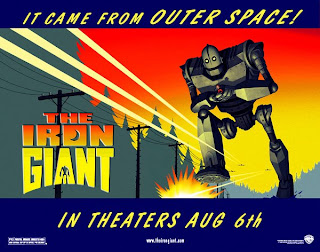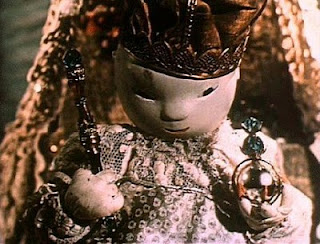AFED #121: Paprika (Japan, 2006); Dir. Satoshi Kon

If you wonder where Christopher Nolan found his inspiration for Inception then look no further. The wunderkind writer/director has readily acknowledged that Satoshi Kon's 2006 anime was an influence and not only do they share the same premise - that of being able to share other people's dreams - but certain images were directly copied. That's not a slight towards Nolan and Kon's own influences, such as the work of author Philip K. Dick, are readily apparent here in this story of a technological innovation that allows therapists to enter the dreams of their subjects. Inevitably it falls into the wrong hands and is put to malicious ends, resulting in a dream that spreads like a virus, blurring fantasy and reality. Like his earlier film Millenium Actress ( AFED #36 ) Kon allows his imagination to go to town with some astonishing sequences and truly hallucinogenic dream imagery. Unfortunately it also shares the flaw of sacrificing something in the way of coherence ...




